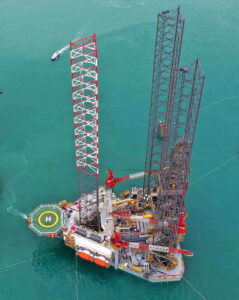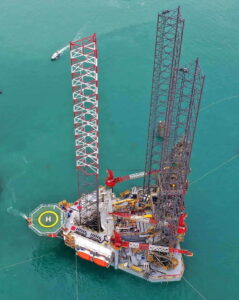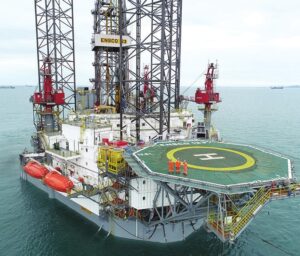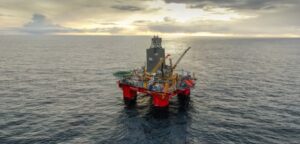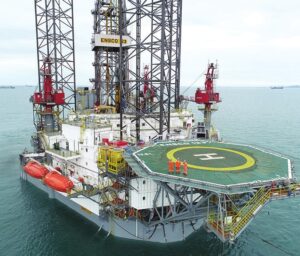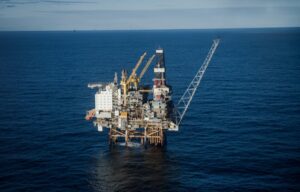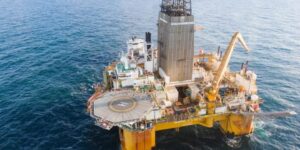UK firm dropping out of Shell’s North Sea gas discovery due to funding woes
AIM-listed natural resources investing company Deltic Energy is exiting from a gas discovery in the Southern North Sea after its efforts to secure funds for its share of appraisal costs fell through. The UK-based player places the blame for the challenges it faced while trying to secure financing for the project squarely on the shoulders of Britain’s political and fiscal regime uncertainty.
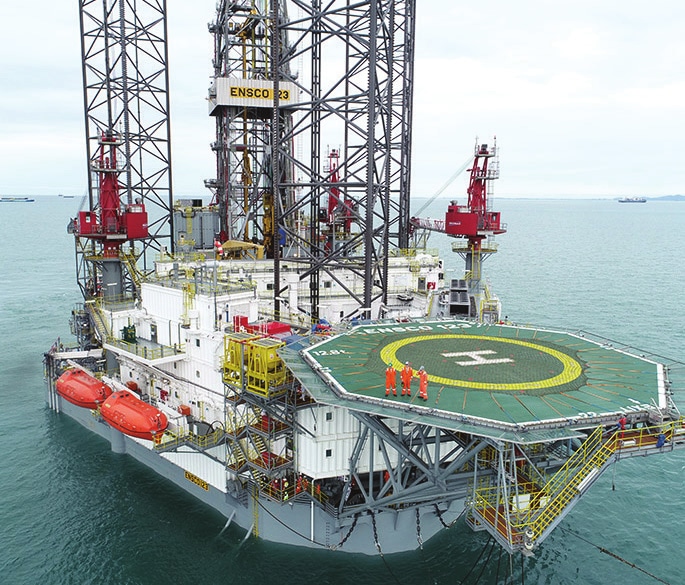
Following the start-up of a farm-out process to meet its share of funding requirements and the subsequent inability to complete it within the expected timeline, Shell’s partner in the Pensacola gas discovery in license P2252, Deltic Energy secured a short period of additional time to progress discussions with potential counterparties until June 12.
However, these efforts have not borne fruit despite what the AIM-listed firm describes as “an exhaustive process.” The funding difficulties are perceived to stem from the deteriorating sentiment towards the oil and gas industry arising from ongoing fiscal volatility and negative political rhetoric in the run-up to the July election.
Since a farm-out or an alternative funding solution has not been put in place to enable Deltic to commit to the Pensacola appraisal well, the company sees withdrawal from the license as the only appropriate course of action before further liabilities are crystallized following Shell’s issuance of the authorization for expenditure (AFE) for the well cost.
Graham Swindells, Chief Executive of Deltic Energy, commented: “Recent history in relation to large scale discoveries such as Cambo and Rosebank has demonstrated the difficulties associated with progressing major offshore developments on the UKCS as damaging political rhetoric and fiscal instability continue to undermine the sector.
“Although we have been unable to secure Deltic’s future involvement in the Pensacola project, it does not detract from the achievements of the team in identifying the opportunity, attracting a partner like Shell and raising the necessary capital to drill the initial discovery well.”
The decision to withdraw from Pensacola has not been taken lightly. The firm explains that it looked into various funding solutions before reaching this decision, including potential industry partners, entailing its existing joint venture (JV) partners, via traditional farm-out or asset sale, the equity capital markets, encompassing traditional and non-traditional sources of capital, strategic investors, debt providers, and commodity trading houses which can pre-pay for future gas deliveries.
Once all avenues were exhausted, Deltic formally notified the JV partners of its intention to withdraw from license P2252 and begin the transfer of its equity to the remaining partners in line with the joint operating agreement (JOA). Despite its withdrawal from the license, it is expected that the UK firm may be required to honor certain expenditures concerning the appraisal well, which was greenlighted before the withdrawal notice was issued.
Moreover, the company claims that the value of the committed expenditure will be established with Shell after the formal withdrawal process. These costs may not become fully payable until H1 2025. Once the gas discovery at the Pensacola well was made in 2023, the operator worked to develop an appraisal strategy for the discovery and hired the Valaris 123 jack-up rig to spud the appraisal well in 2024.
Related Article
-
Shell takes Valaris jack-up rig for upcoming North Sea drilling ops
Exploration & Production
The same jack-up rig is expected to drill the Selene exploration well, which remains on track to be spudded in the first half of July 2024, with operations slated to last approximately 90 days. Deltic recently wrapped up a farm-out agreement with Dana Petroleum for a 25% interest in Shell’s license P2437, containing the Selene prospect. As a result, the firm retains a 25% working interest in the license and has no cost exposure to the imminent well up to a gross success case well cost of $49 million.
Unlike Pensacola, the 318 bcf Selene prospect is said to be a simple Leman Sandstone structure in an established, well-understood play and located close to existing production infrastructure. As further appraisal of Selene is considered unlikely before field development planning begins, this prospect could be brought into production relatively quickly following discovery given the proximity of existing infrastructure.
Swindells continued: “Despite our disappointment at not remaining involved in Pensacola, the technical and commercial skills and experience demonstrated on the asset will be critical as we now focus on the Selene opportunity and similar infrastructure-led projects such as Syros and Blackadder.
“We believe these can be brought onstream more quickly, help maintain the viability of existing infrastructure and defer decommissioning of key production hubs which continue to generate interest despite the general malaise affecting the UK E&P industry.”

